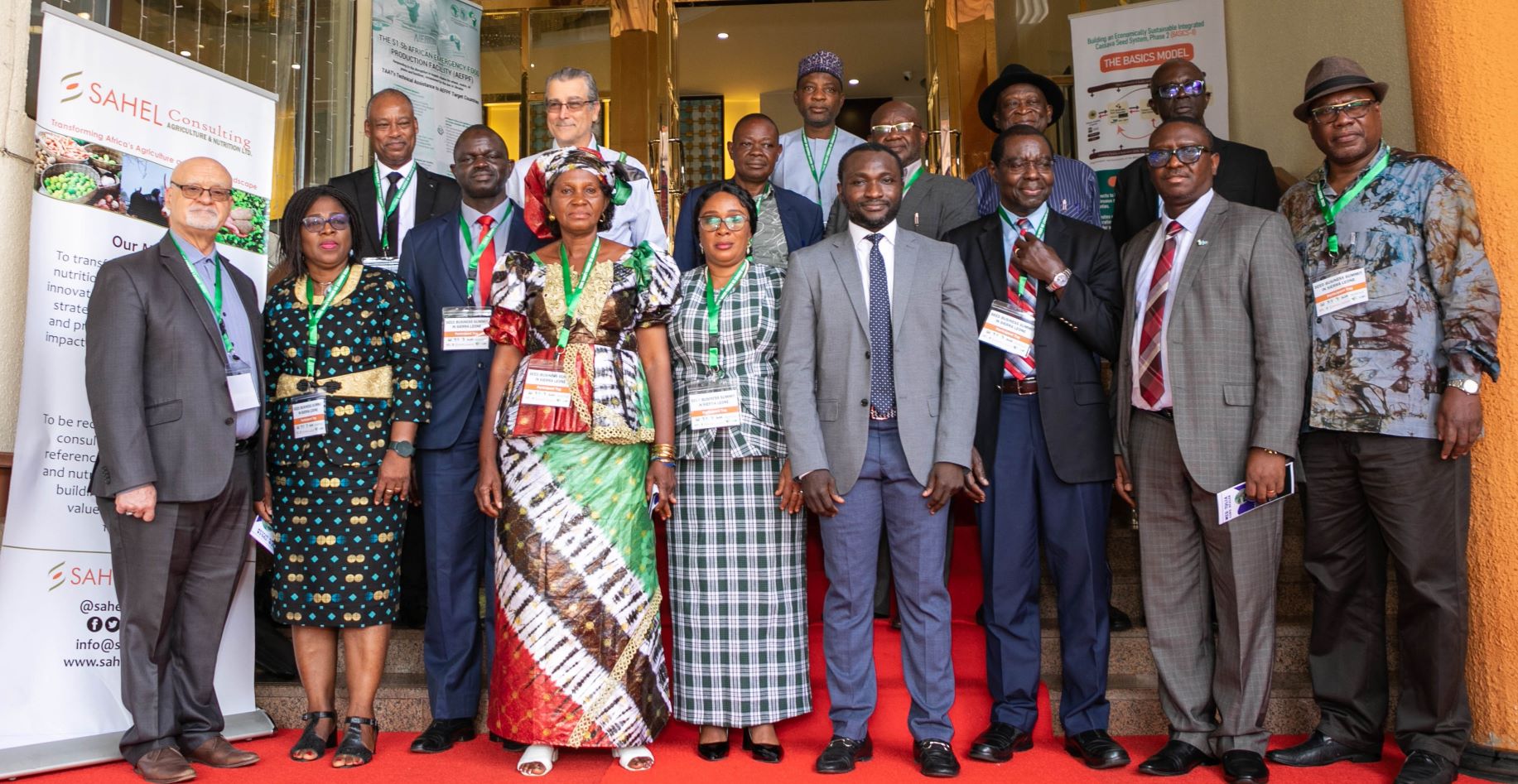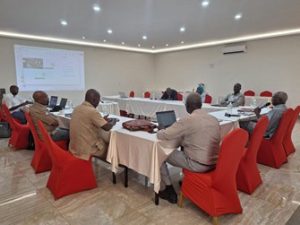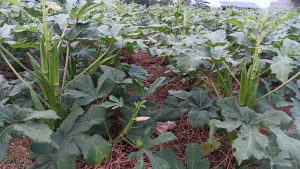TAAT and Partners convene Sierra Leone seed business summit
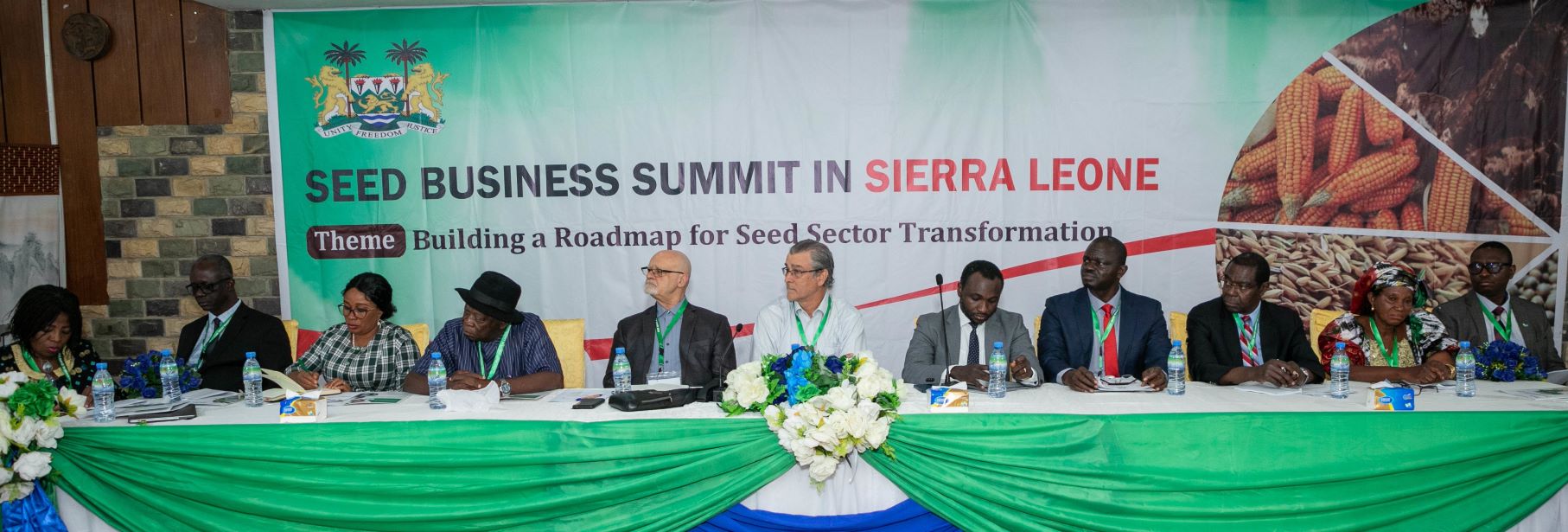
The Government of the Republic of Sierra Leone, in collaboration with the Technologies for African Agricultural Transformation (TAAT), the International Institute of Tropical Agriculture (IITA), Sahel Consulting, and the Sasakawa Africa Association, are hosting a National Seed Business Summit from the 18 – 20 September in Freetown, Sierra Leone.
The summit, with the theme, “Building a roadmap for seed sector transformation,” seeks to propel Sierra Leone towards an economically sustainable rice, cassava, maize and soybean seed system. The roll call of speakers at this summit includes Dr. Henry Musa Kpaka, the Sierra Leonean Minister of Agriculture and Food Security Chief Alfred Dixon, Director, Partnerships for Delivery, IITA, Dr Baboucarr Manneh, Director General, Africa Rice Center (AfricaRice) and Dr Martin Fregene, Director, Agriculture and Agro-industry at the African Development Bank.
Others include Dr Nteranya Sanginga, President of the African Leadership Institute (AALI)/Immediate past DG IITA, Dr Lawrence Kent, Senior Program Officer at Bill and Melinda Gates Foundation, Dr Kenton Dashiell, Deputy Director General, Partnerships for Delivery, IITA and Dr Solomon Gizaw, Head, TAAT Clearinghouse.
According to Dr Solomon Gizaw, “this summit represents a direct response to the need to hold a more comprehensive audience consultation to identify major challenges, develop solutions and advocate for more investments in Sierra Leone’s agriculture.”
“This seed summit will bring together policymakers, international financial institutions and policymakers, scientists, the private sector and farmer organizations to a round-table discussion to broker investments for Sierra Leonean agricultural transformation with quality inputs, particularly seed as a primary entry point,” Dr Gizaw added.
Dr Gizaw, in a statement issued ahead of the summit, noted that TAAT, being a consortium of 13 International Agricultural Research Institutions and the National Agricultural Research Systems (NARS), brings a wide range of solutions to the major challenges militating against the growth in the agricultural sector.
The summit, according to him, “will elevate the voices of value chain actors impacted by the cassava, maize, and rice seed system by sharing success stories from the global south on increasing the availability of climate-adaptive, improved, and disease-free seed to improve farmers’ livelihoods.”
“It will provide the opportunity to share seed development experiences from DRC, Nigeria, Tanzania, etc,. and TAAT’s and BASICS-II value proposition for scaling and replicability to other African countries where cassava, maize, and rice play significant roles in income generation and food security,” he said.
The three-day seed summit, which aspires to catalyse the realisation of the Sierra Leonean Government’s agricultural policy goals through seed sector development, is poised to raise awareness on the role of quality seed in agricultural transformation, share best practices in building sustainable cassava, maize, soybean and rice seed systems and value propositions to achieve the Government goals.
The summit will equally chart the path for seed sector development guided by a seed roadmap that will boost the supply of quality seeds of climate-resilient and market-preferred varieties to respond to the growing needs for food and industry in Sierra Leone and advocate for more investments in sustainable cassava, maize, soybean and rice seed systems for economic prosperity, including job creation and access to affordable foods.
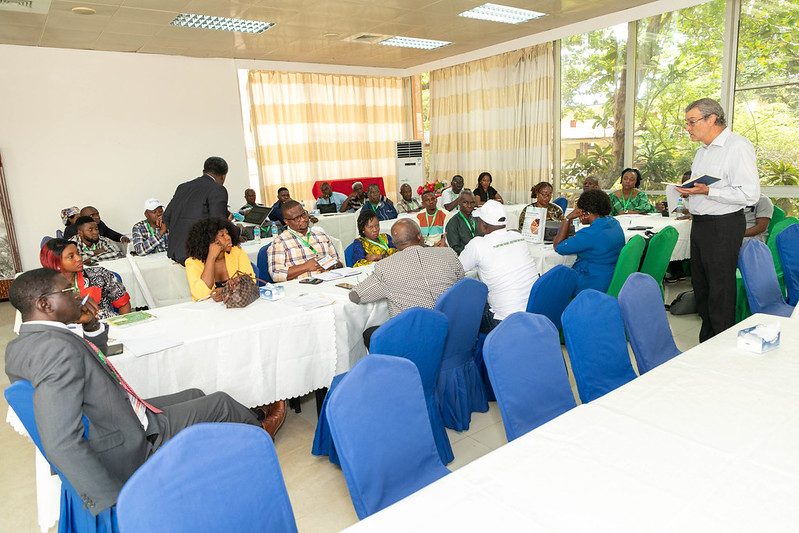
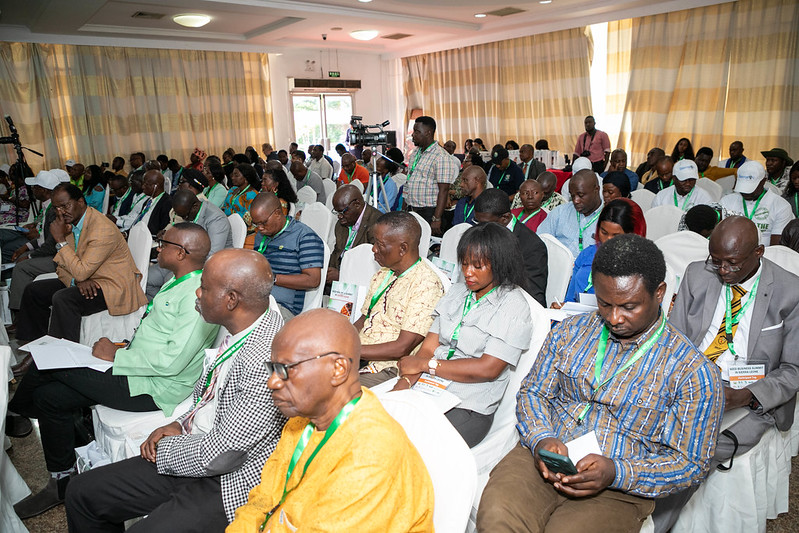
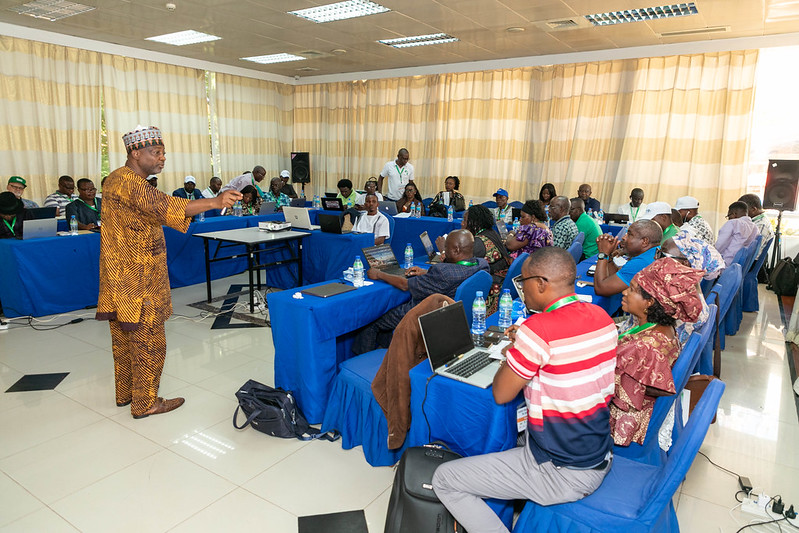
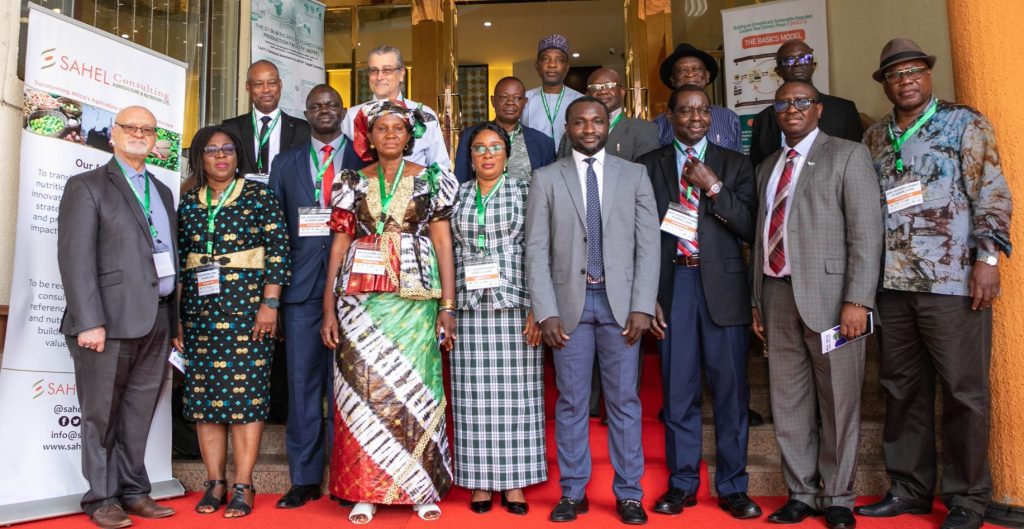
“Across the globe, agricultural transformation is driven by three key pillars of seeds, fertilizer and research products. For Sierra Leone to achieve an agricultural revolution, the country must develop a viable formal seed system while not neglecting the role of the provision of inputs and research,” says Chief Alfred Dixon, IITA’s Partnership for Delivery Director and Head of IITA Station in Sierra Leone.
“It is against this background that IITA, TAAT, Sasakawa Africa Association, Sahel Consulting and the Building an Economically Sustainable Cassava Seed System, Phase 2 (BASICS-II) Project have found it necessary to work with the Government of Sierra Leone through the Ministry of Agriculture and Food Security and partners to revive the national seed industry as a first and foremost step entry to upscale cutting-edge technologies,” Chief Dixon added.
Technologies for African Agricultural Transformation (TAAT) is a programme funded by the African Development Bank to increase agricultural productivity in Africa by deploying proven and high-performance agricultural technologies. Currently being implemented in 31 African countries as a central pillar of the Bank’s Feed Africa strategy and fundamental to African agricultural transformation. TAAT deploys over 100 selected, proven, and high-performance agricultural technologies along selected value chains with over 300 public and private partners.
The Building an Economically Sustainable Cassava Seed System, Phase 2 (BASICS-II) is a project funded by the Bill and Melinda Gates Foundation (BMGF). In the last three years, the project has developed a model that connects actors in the seed value chain while ensuring a constant supply of improved disease-free varieties to farmers and guaranteeing sustainability and shared economic prosperity among the seed actors. In Nigeria and Tanzania, the BASICS model has led to the establishment of more than 1,000 seed entrepreneurs, doubled cassava yield, and created wealth among cassava farmers.
Recent Stories
Related Stories
- COTE D’IVOIRE: TAAT and Partners convene stakeholders for a seed roadmap
- Seed System: TAAT rallies Stakeholders for a Seed Roadmap for Benin
- Unlocking Agricultural Potential: Cameroon Develops Seed Roadmap for Sustainable Growth
- TAAT and the imperatives of transforming agriculture in Liberia
- KENYA: TAAT and Partners convene stakeholders for a seed roadmap


